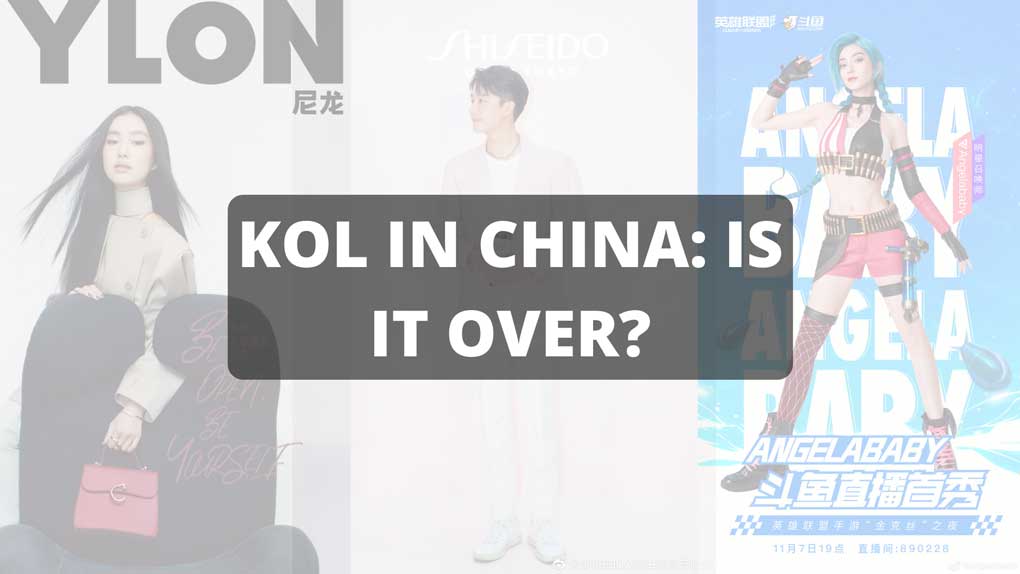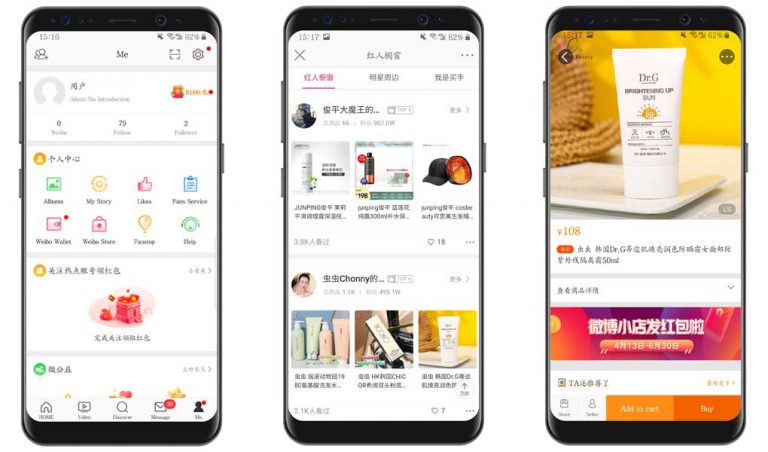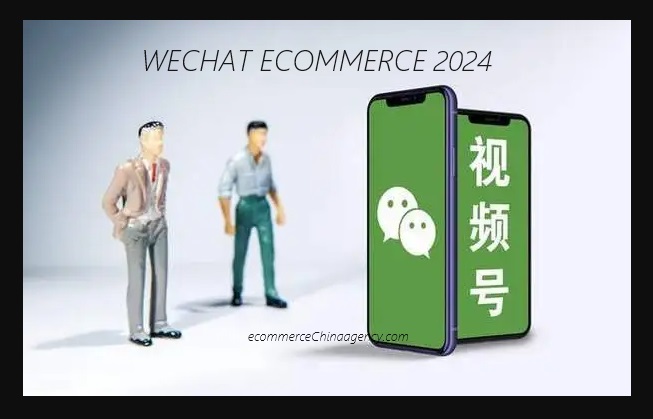In China, brands are increasingly turning to KOC (Key Opinion Consumers) marketing instead of KOL (Key Opinion Leader) marketing to build their businesses. While both strategies have their pros and cons, KOC marketing is quickly becoming the preferred option for a number of reasons. Here are just a few reasons why brands should focus on KOC marketing in China instead of KOL marketing.
KOL & KOC marketing, why does it seemingly work so well in China
Various luxury brands in China have been utilizing KOLs (or key opinion leaders) for product promotions, which are expected to result in higher sales. KOL marketing, however, comes to an end, with KOC marketing now gaining more attention.
Need a cost effective TP (Tmall Partner) to sell in China?
We are an Official Tmall Partner e-commerce Agency. Our Services: E-Commerce, Search Engine Optimization, Advertising, Weibo, WeChat, WeChat Store & PR.
Before, the term influencers only referred to celebrities, including actors, singers, and popular figures who promote the products of renowned luxury brands. These KOLs are paid tons of money in exchange for the promotion.
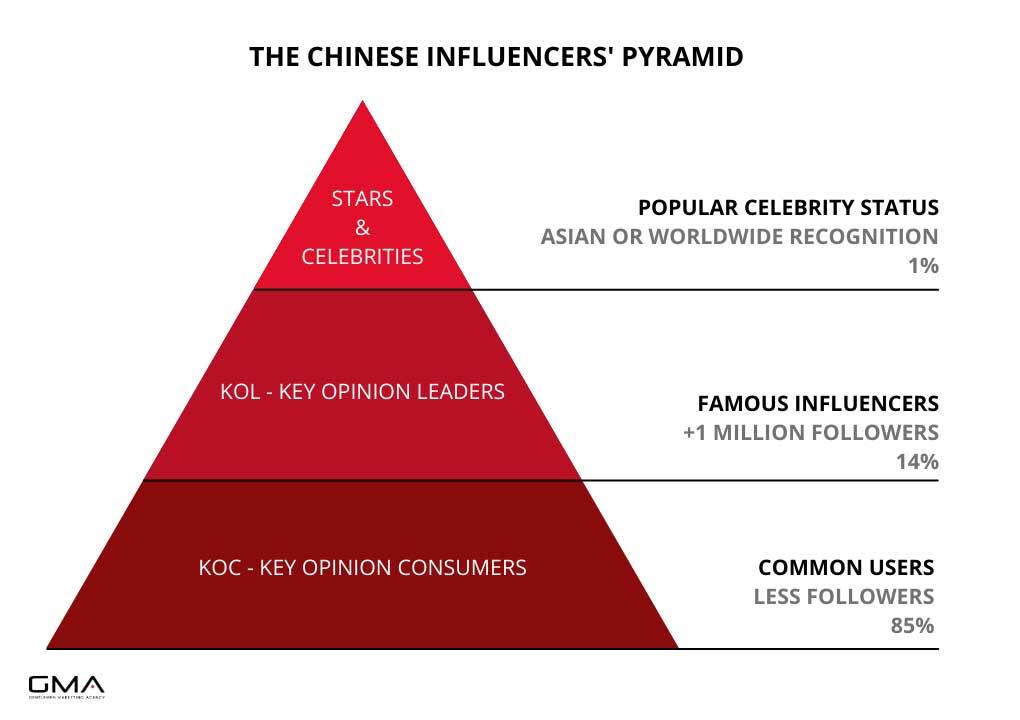
Now, key opinion consumers or KOCs are stealing the spotlight. These are everyday consumers who are fond of sharing authentic product reviews on social media platforms. Their social media followers may not go over a hundred, but they influence consumers’ purchasing decisions. Because they’re regular shoppers, we can easily relate to them, making us trust their content more.
What Is the Difference Between KOL and KOC?
One major difference between KOLs and KOCs is their social media following. KOLs may have thousands or even millions of followers, but as mentioned, KOCs barely have a hundred. However, KOLs don’t always gain consumers’ trust because we know they’re paid a huge sum of money just to advertise different products.
Meanwhile, KOCs are ordinary shoppers like us. They may not have a huge following, but they’re the ones who pick which product to review after trying it firsthand. Since they focus on giving real and unfiltered reviews, we know that their feedback is reliable. Thus, consumers would use these reviews as a basis for whether they want to purchase and try a certain product too.
Their smaller following also means that they don’t have that much incentive to provide content that is solely for advertising purposes or earn money. As a result, a closer relationship is built with followers, unlike what usually happens with KOLs.
Reasons Behind China’s KOLs Decline
If you’re one of those brands that aim to have higher visibility in China through KOL marketing, one of the main problems you’ll encounter is the extremely high costs of famous KOLs or influencers. The charge is usually based on their number of social media followers.
Leading KOLs even get paid for providing promotional comments on other people’s accounts. Moreover, some agencies would even purchase fake views for these promotional posts, so they could demand higher fees.
Scandals among celebrity KOLs were also a huge factor. For instance, popular Chinese actress and brand ambassador Fan Bingbing was involved in a tax scandal. It didn’t cause a huge negative impact on the luxury brand Louis Vuitton. However, the image of the Australian brand Swisse was negatively affected due to the tax scandal of the Chinese KOL.
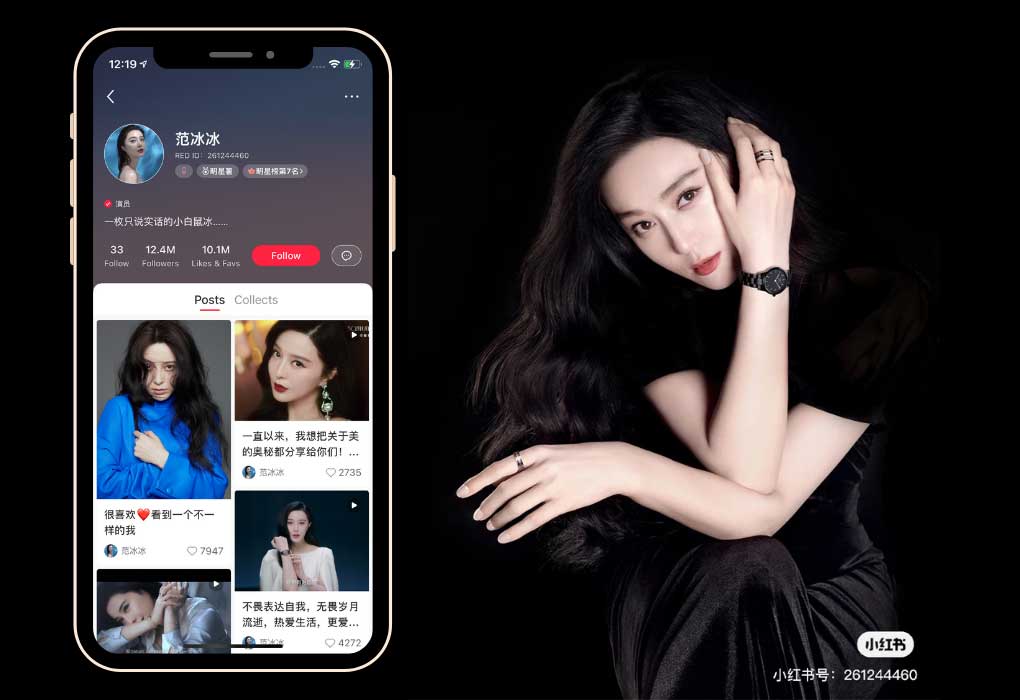
Another top Chinese influencer Huang Wei known as Viya has been fined ¥1.34 billion for tax evasion. This was after she avoided taxes amounting to over ¥700 million.
Other influencers like Zhu Chenhui (popularly known as Xueli Cherie) and Lin Shanshan have also been fined for tax evasion. With 90% of KOLs not paying their taxes, brands promoted by these influencers are then at risk of suffering from public backlash.
Why Are Brands Turning to KOCs?
Key opinion consumers mainly focus on product reviews. Their value comes from their relatability and reliability. Compared to traditional Chinese KOLs or influencers, KOCs sound more personable and authentic.
With KOCs, the audience is not bombarded with different promotional content daily. Thus, Chinese consumers — especially millennials and Generation Z — become more drawn to KOCs. This, in turn, greatly affects their purchasing decisions.
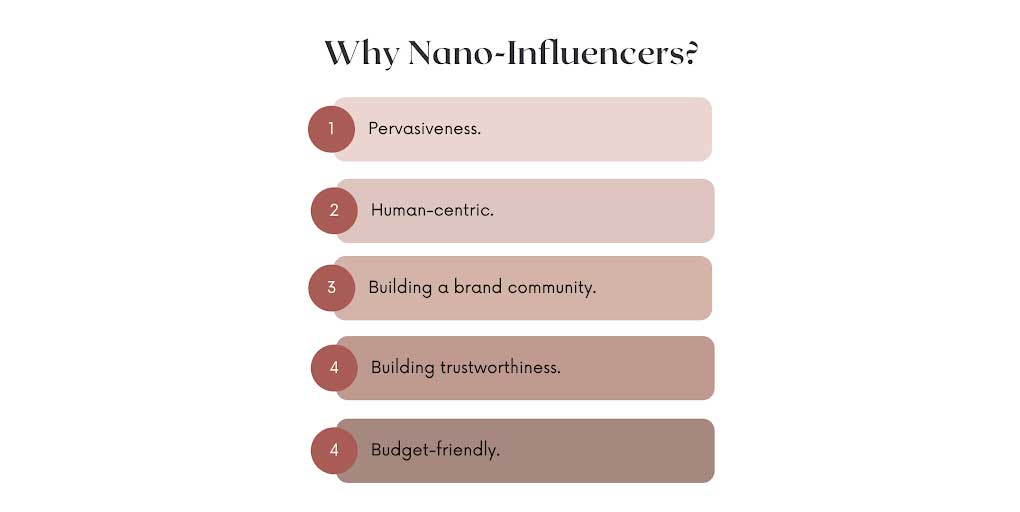
That is why several brands are turning to KOC marketing as they build their reputation in the Chinese market. Moreover, brands could benefit from KOC marketing in different ways. First, it helps improve brand awareness. KOCs can come up with new topics related to your brand or products to achieve the right tone for higher engagement.
Then, spreading content is also possible with mid-level KOCs. Through their reviews, they can contribute to the discussion. KOCs can also engage with potential customers. For example, they can ask their followers to share their reviews and insights. As a result, you won’t only gain more engagement but also turn passive followers into actual paying consumers.
How To Choose KOCs
As a brand interested in entering the Chinese market, first, determine potential KOCs. You can do this by encouraging your audience to send reviews. Incentivize them through product giveaways.
Engage with fans on your social media channels too. Respond to their messages and use hashtags. This way, you can build a community.
Once you have gathered a sufficient number of reviews, you can tell which audience excels as a KOC. Suitable KOC candidates usually have more reviews on attractive social media.
To earn KOCs’ trust or loyalty, you can send gifted products. You can then anticipate free exposure from the reviews conducted by KOCs. When you’ve already identified the top-tier KOCs, you can invite them to focus groups and learn more about their feedback, so you can further improve your products.
Lastly, through larger post-campaign marketing, your brand can make official partnerships with KOCs. KOC marketing is more cost-effective too, given that you’re only spending money for the shipping costs and the product itself. It’s a low-risk high-reward type of investment, so it’s a win-win for you, especially if you’re still trying out this type of marketing.
One example of effective KOC marketing has been shown by the makeup brand Perfect Diary. By incentivizing customer reviews, telling users to like, comment, and share their posts, offering product giveaways, and combining these with traditional marketing strategies, the brand quickly became a popular cosmetic brand in China.
Need help with you your influence marketing strategy in China?
- The Chinese social media landscape is different from other countries.
- With the rapid development of new social media platforms, it can be difficult for businesses to keep up with the changes and know which platforms to use for their campaigns. An agency that specializes in influencer marketing in China will have extensive knowledge about all the latest social media platforms and how best to use them for campaigns.
- The regulations surrounding online advertising in China are stringent and can be difficult for businesses to navigate
- Kol and Koc can be unpredictable, working with an agency that has a network of qualified influencers will save you costs, and time and help you avoid bad surprises.

Want to discuss your needs? feel free to drop us a request

